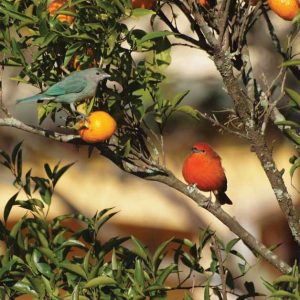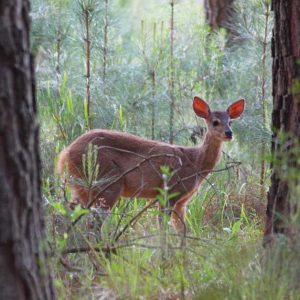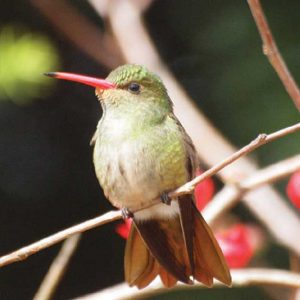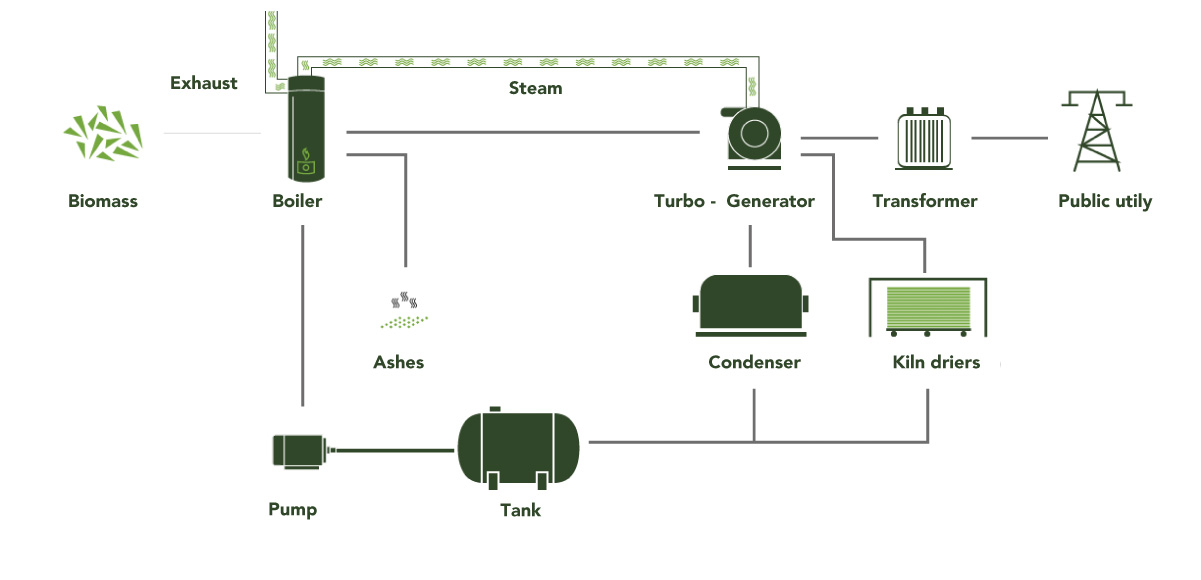About us
Community interaction
- Building houses with adequate light and running water services
- Providing transport to nearby cities
- Awarding scholarships and training courses to our workers
- Awarding scholarships to their children
- Supporting the families of workers who suffer accidents
- Offering loans (for housing, vehicles and others)
- Providing dental care assistance to our employees
- Helping mothers who are breastfeeding
- Supporting nearby schools and highschools.
Among others, we contribute with yearly donations to different institutions such as “Un techo para mi país” (A roof for my country), MEVIR (poor rural housing erradication movement), “Camino a la comunidad” (A path to community), Desem (Young entrepreneurs). Since the very beginning, the organization has undertaken the improvement of the surrounding roads; it has recently contributed to the construction and asphalting of 20 km of road, donating over a third of the cost to the Ministry of Transport and the Rivera town hall. Every year we receive elementary and high school institutions, “Universidad del Trabajo del Uruguay” and college education institutes, offering a tour of the premises and explaining how our company works. From the very beginning the company was also engaged in cattle rising as a secondary activity. However, after the forestry activity has matured, the company has decided to offer the free areas to the neighbors to graze their animals there, thus promoting social bonds with the community. Currently, over 50% of our planted area is being grazed by over twenty cattle farmers.

Environment
- Monitoring native specimens' state of health, development and growth.
- Divulgation, education and training of the community on native flora and fauna.
- Monitoring population parameters in plots.
- Checking that there are birds' sightings and record keeping is updated.
- Checking the quality of the surrounding fence.
- Verify livestock absence in those areas.






